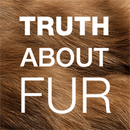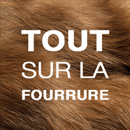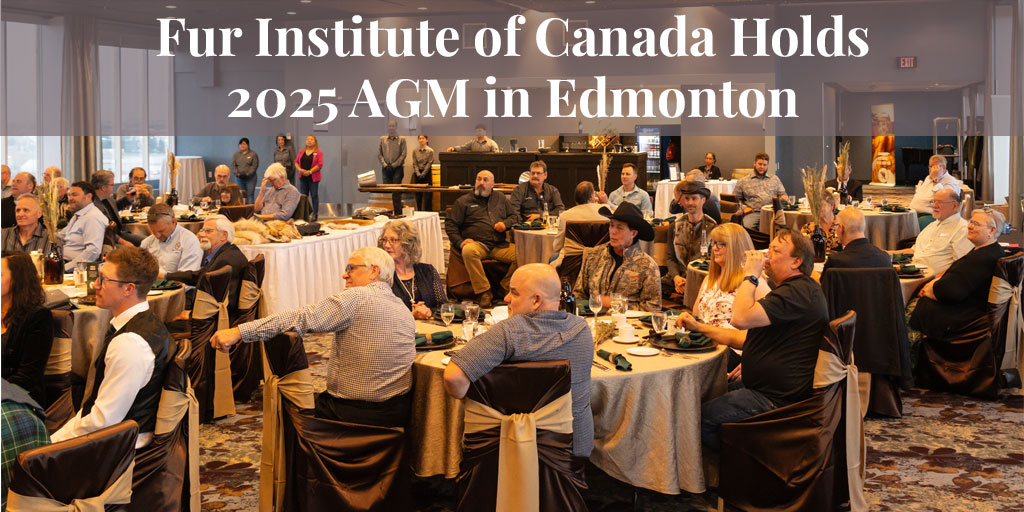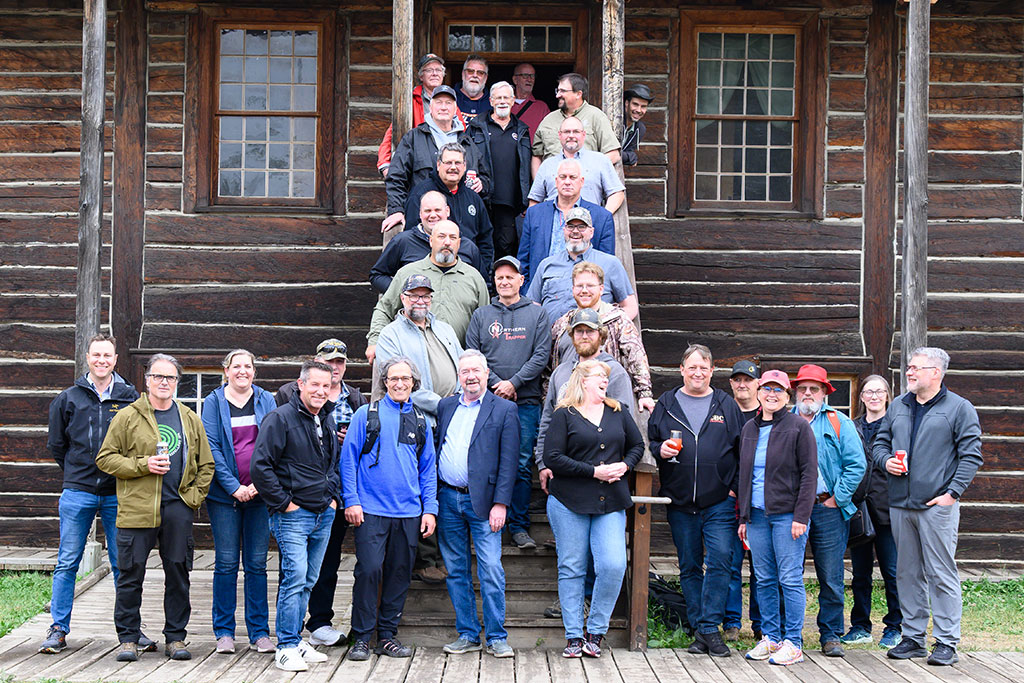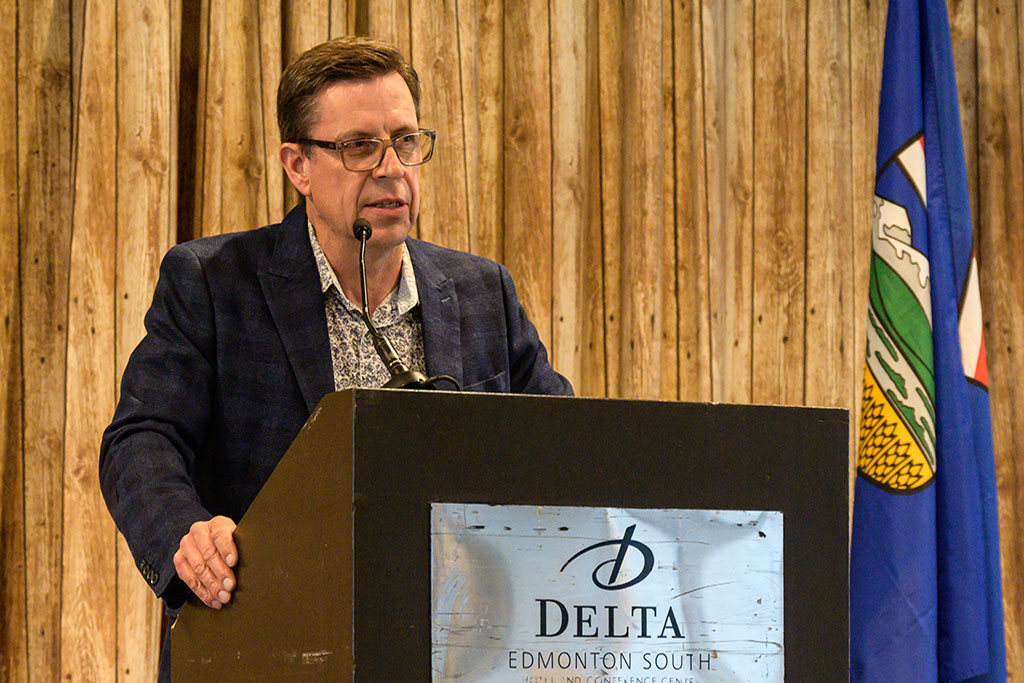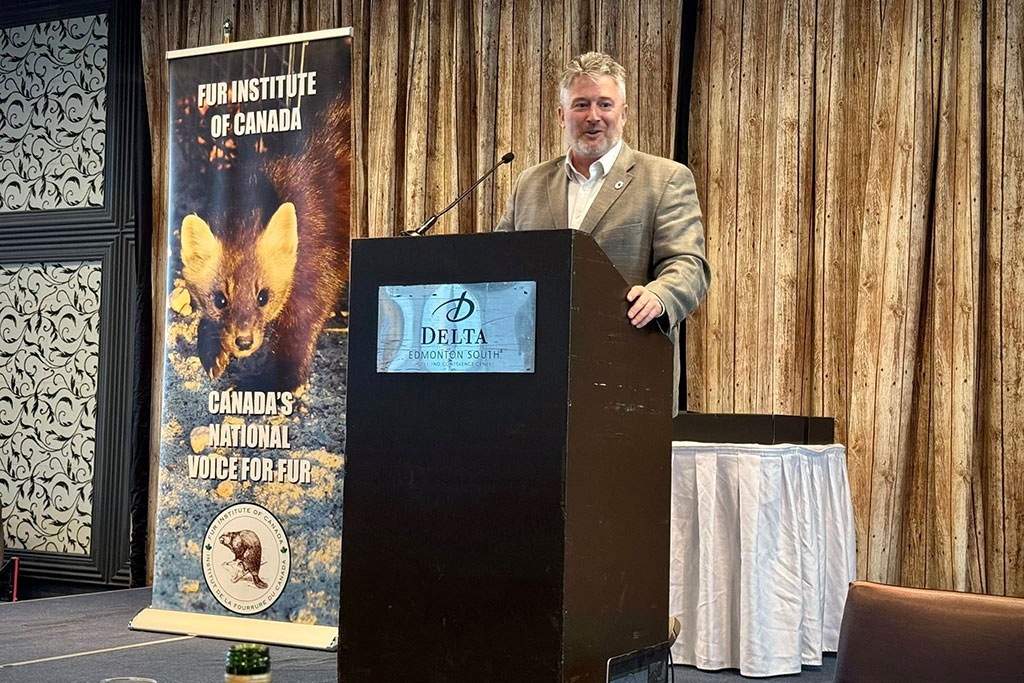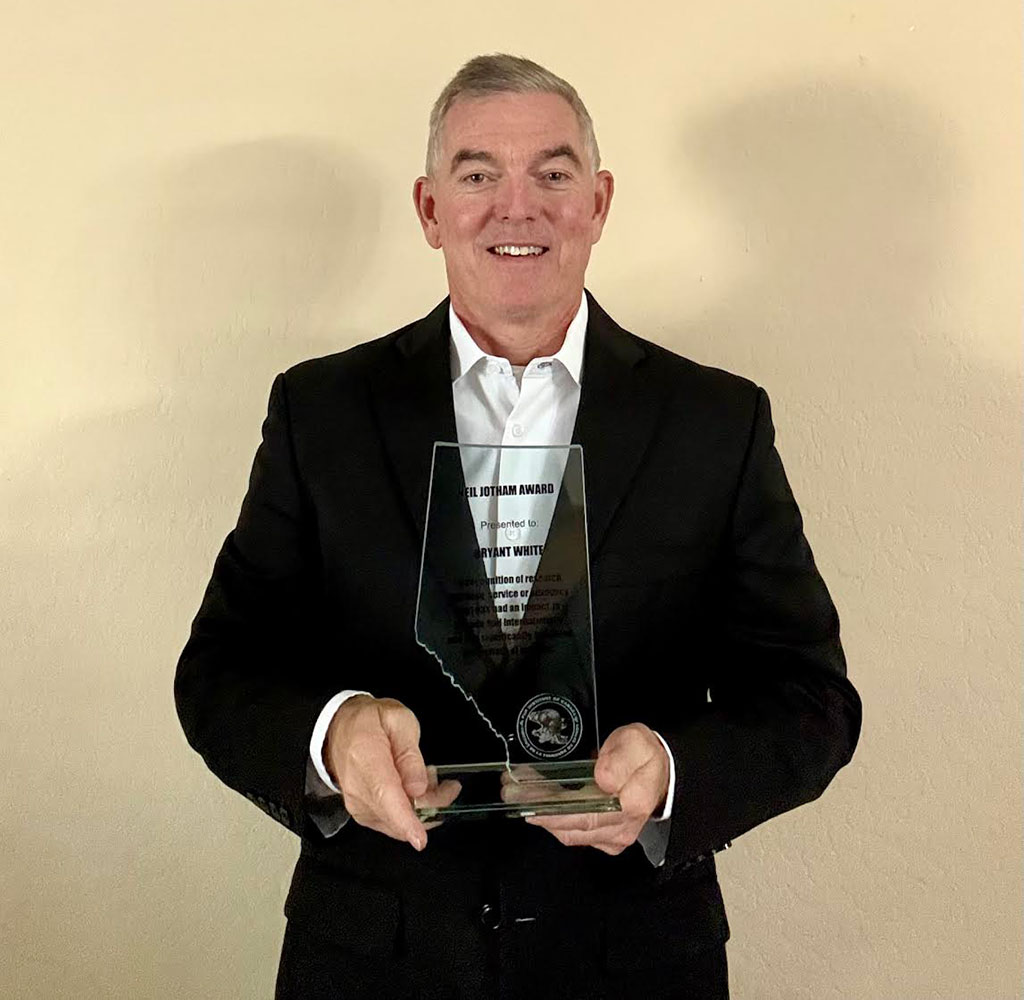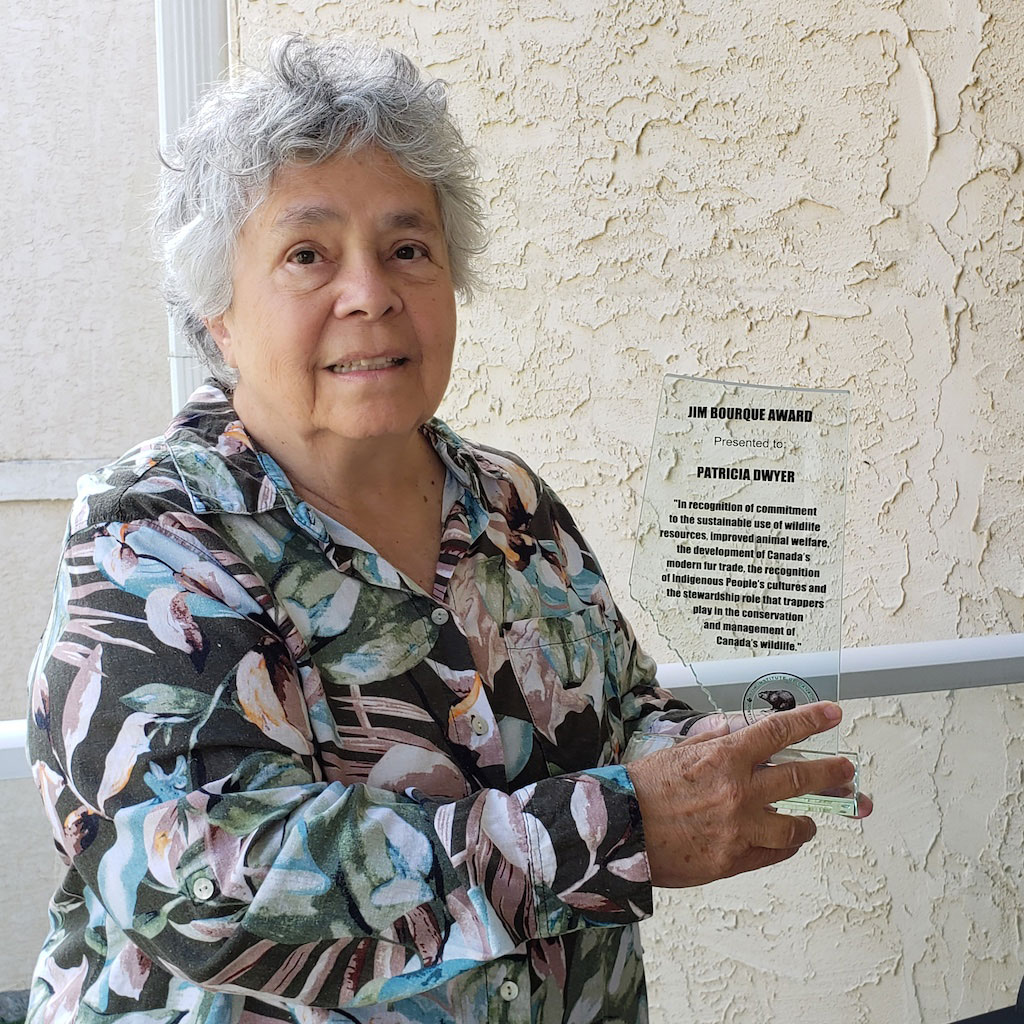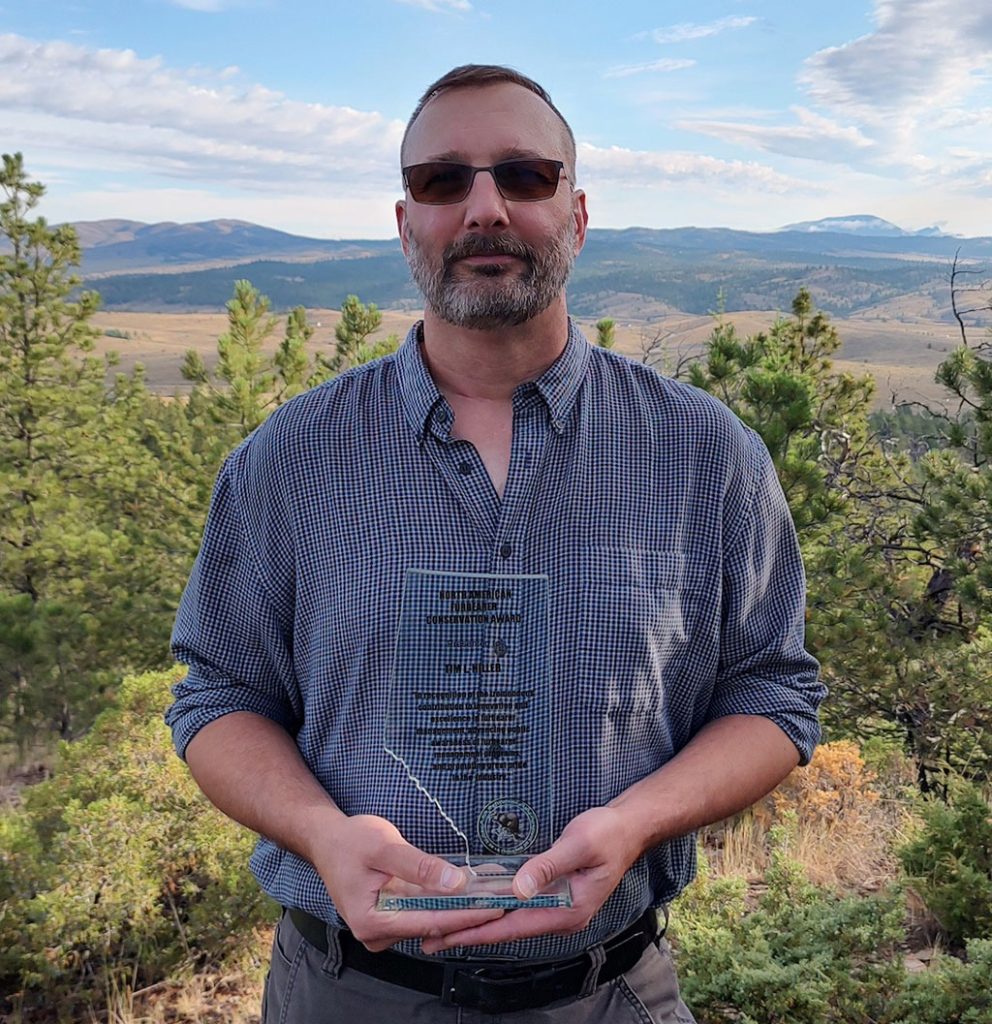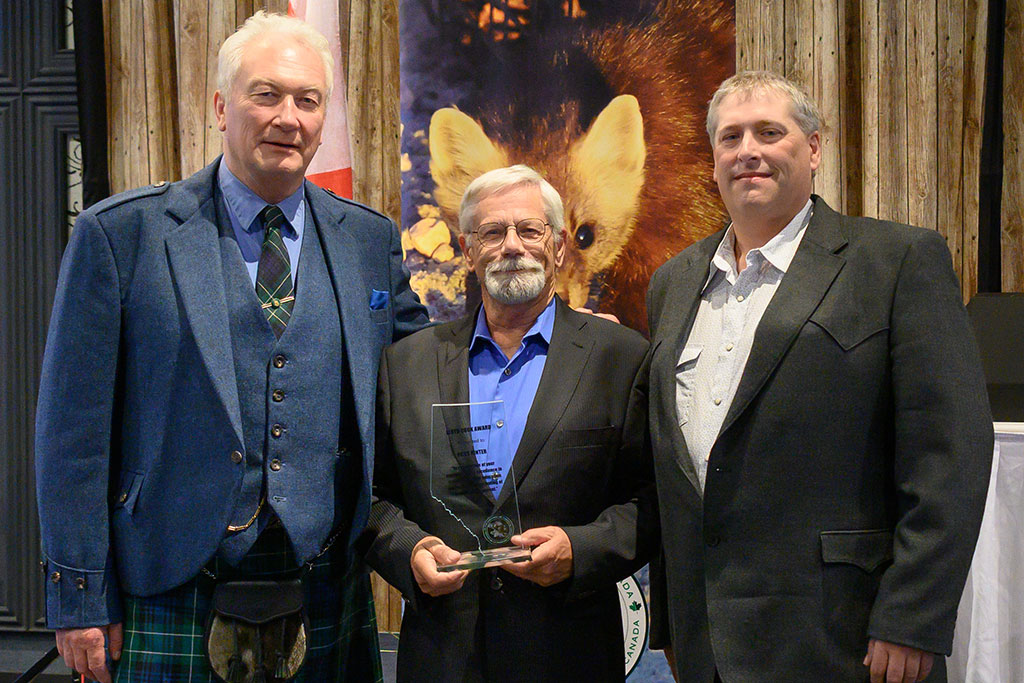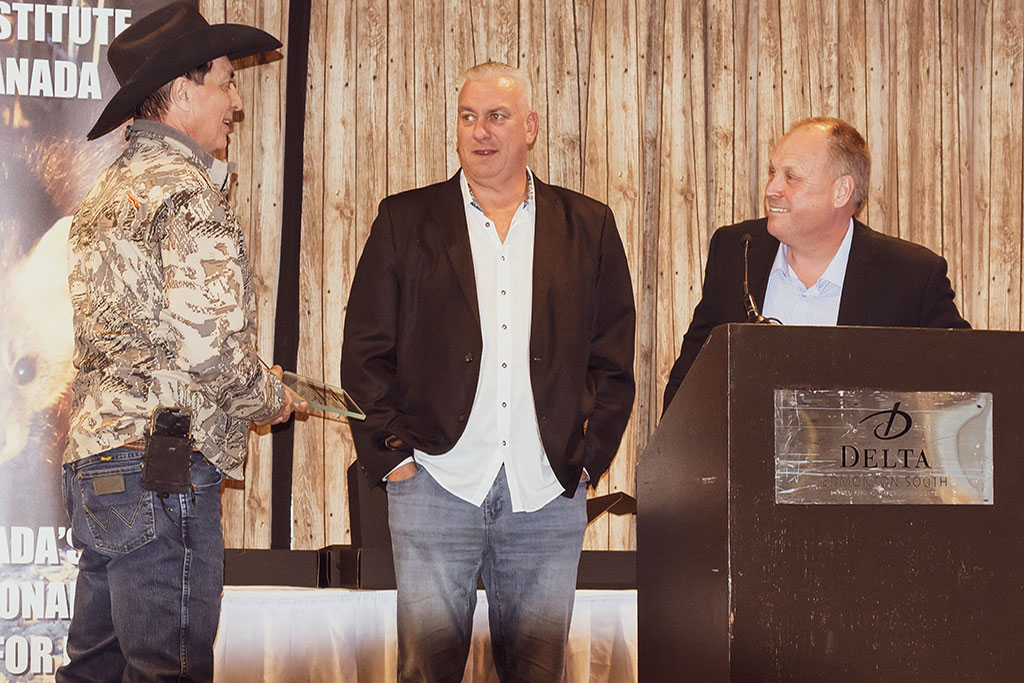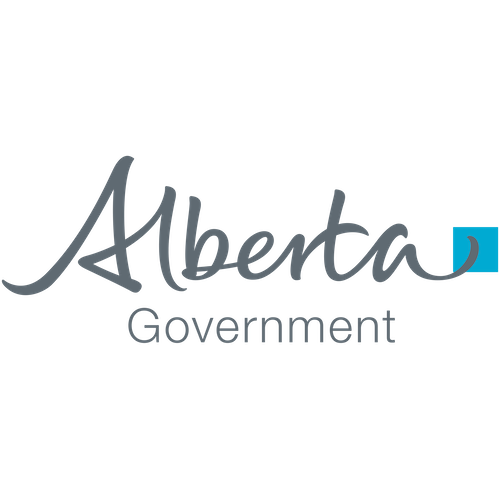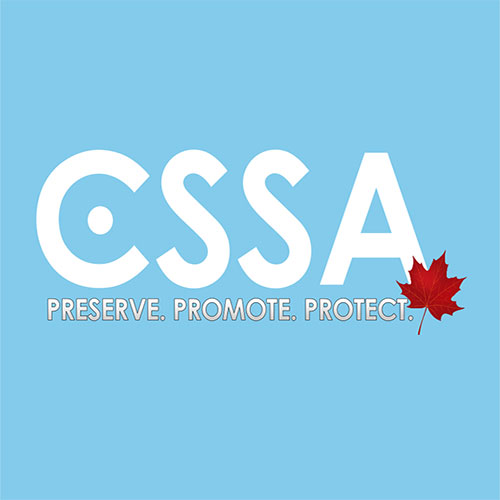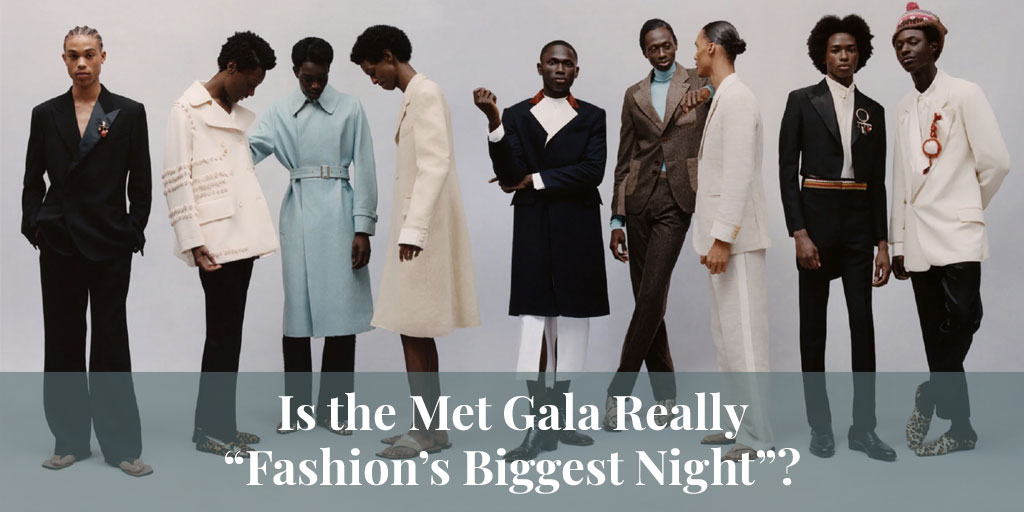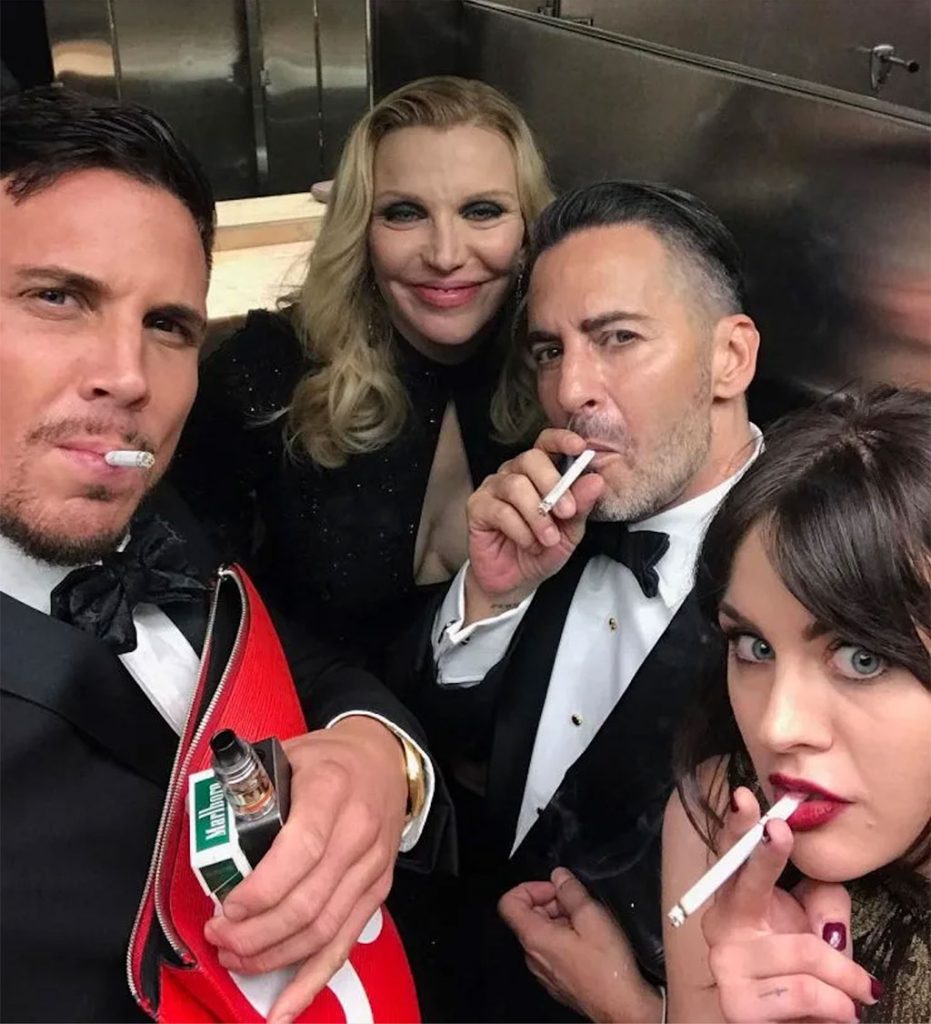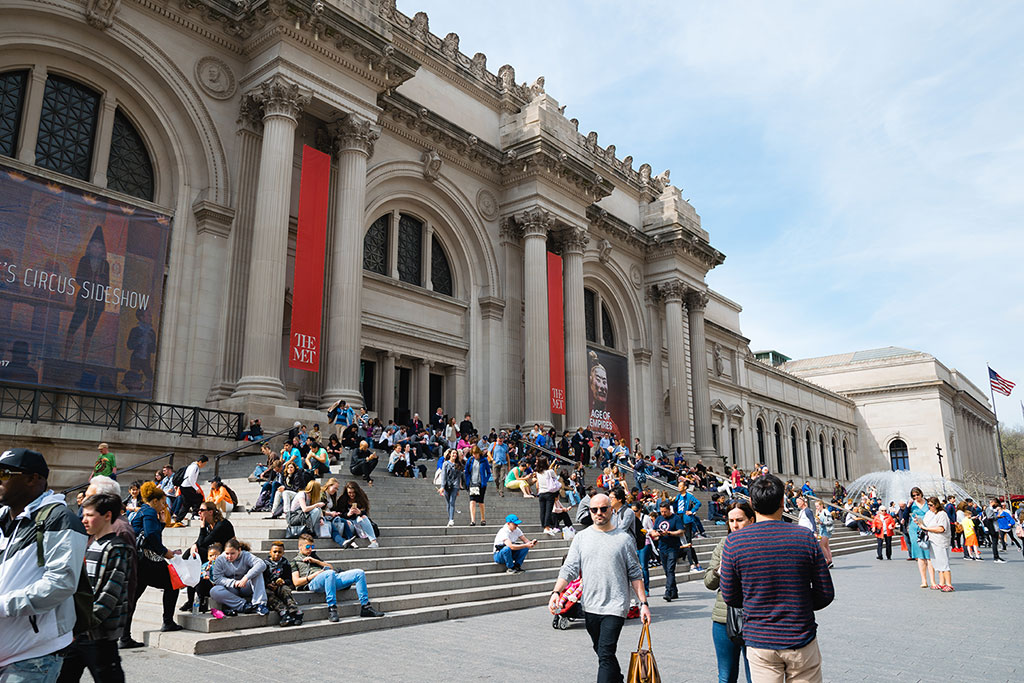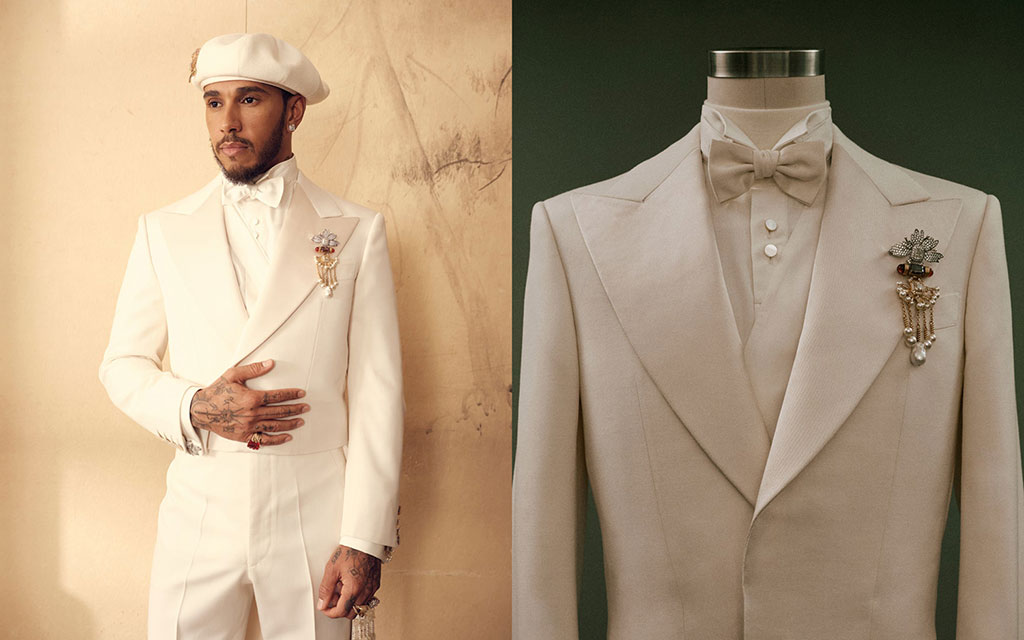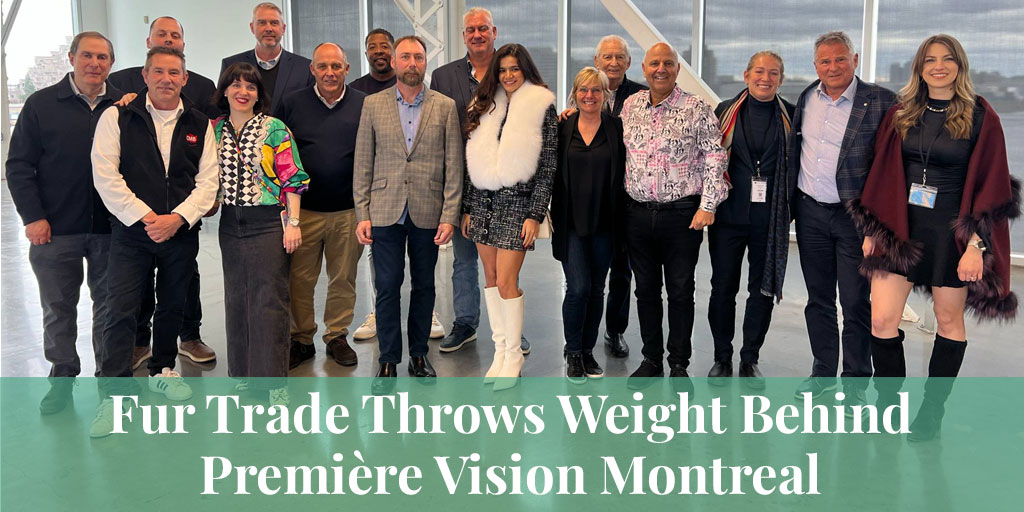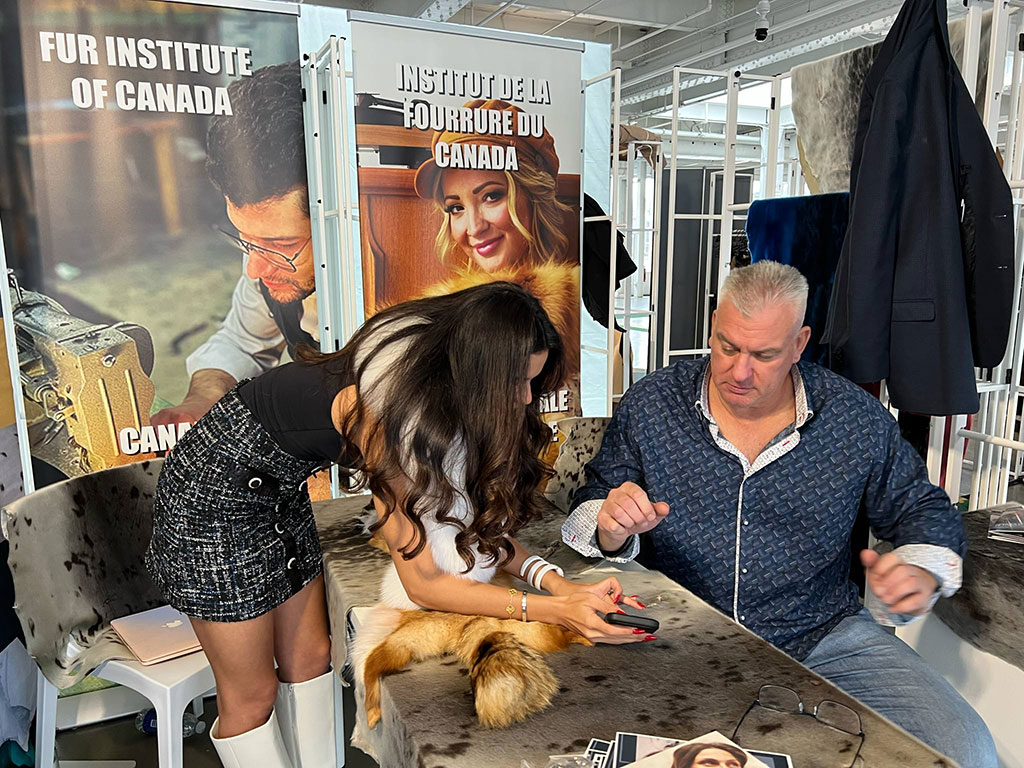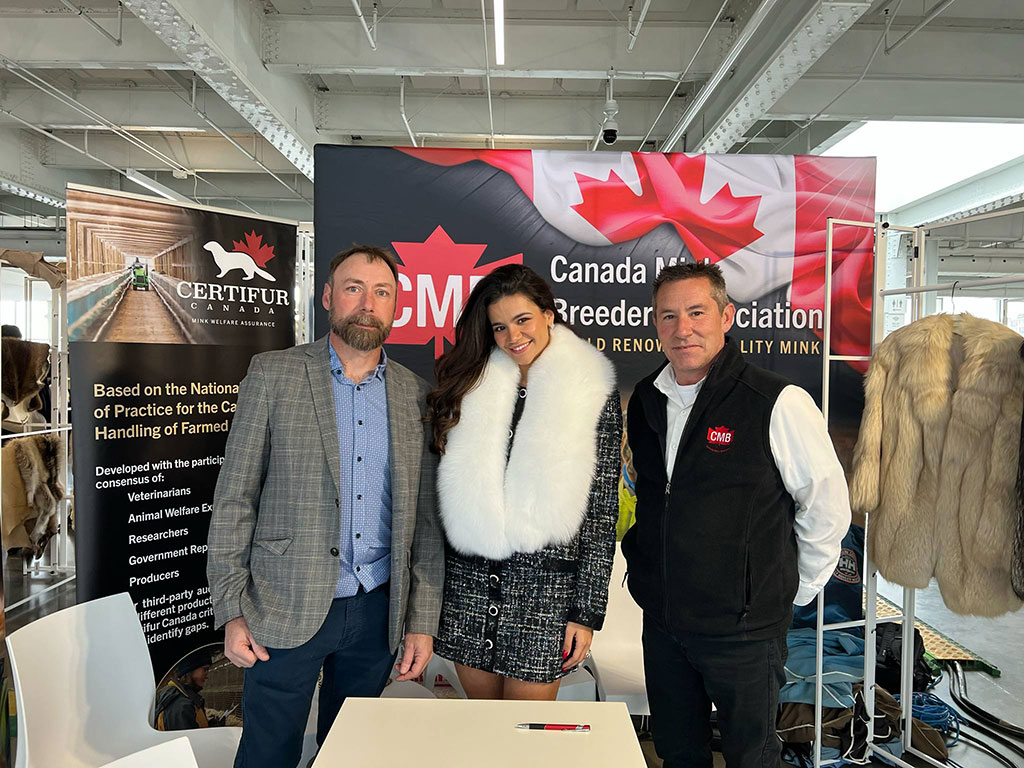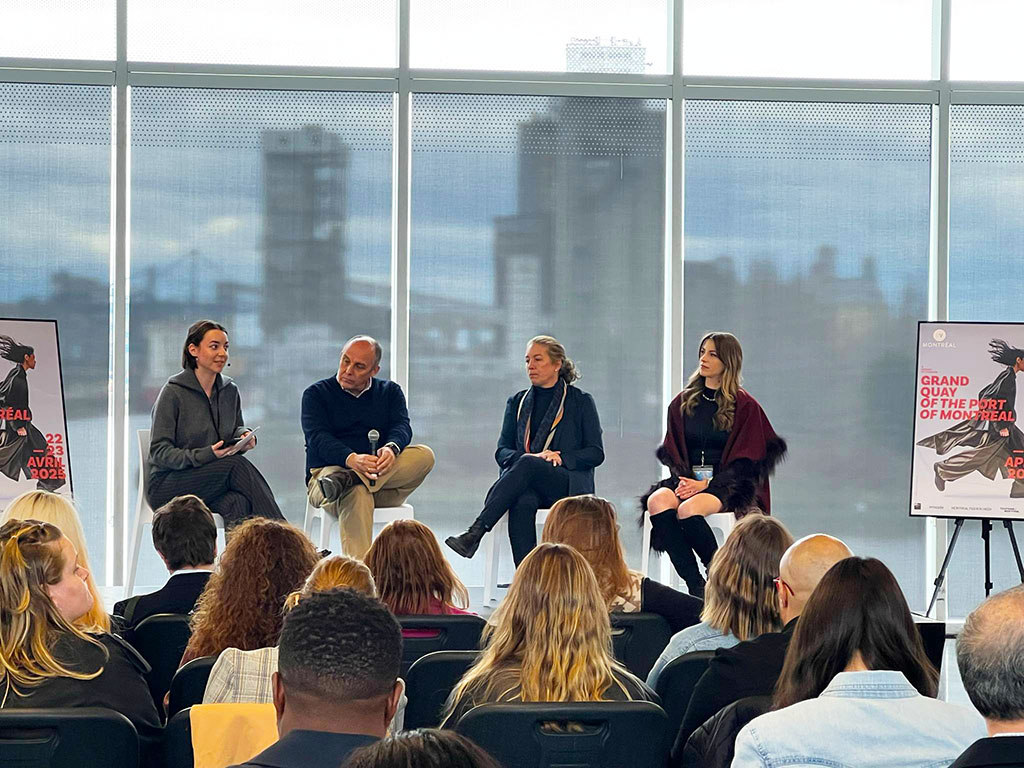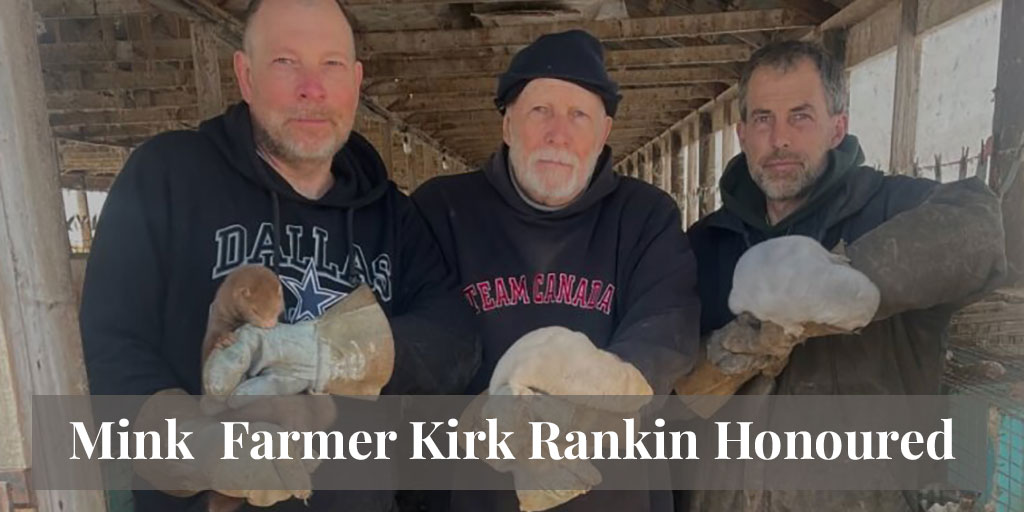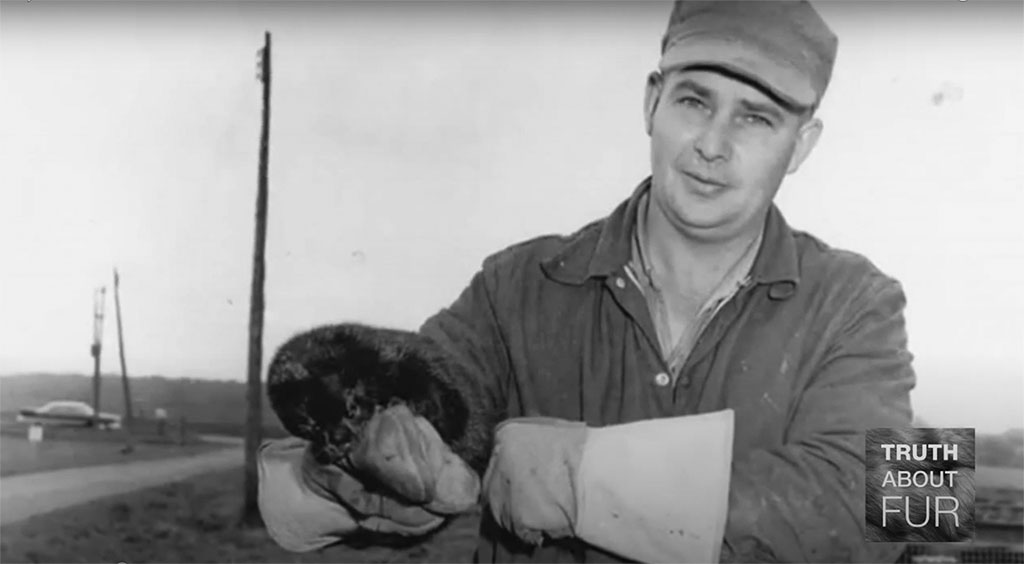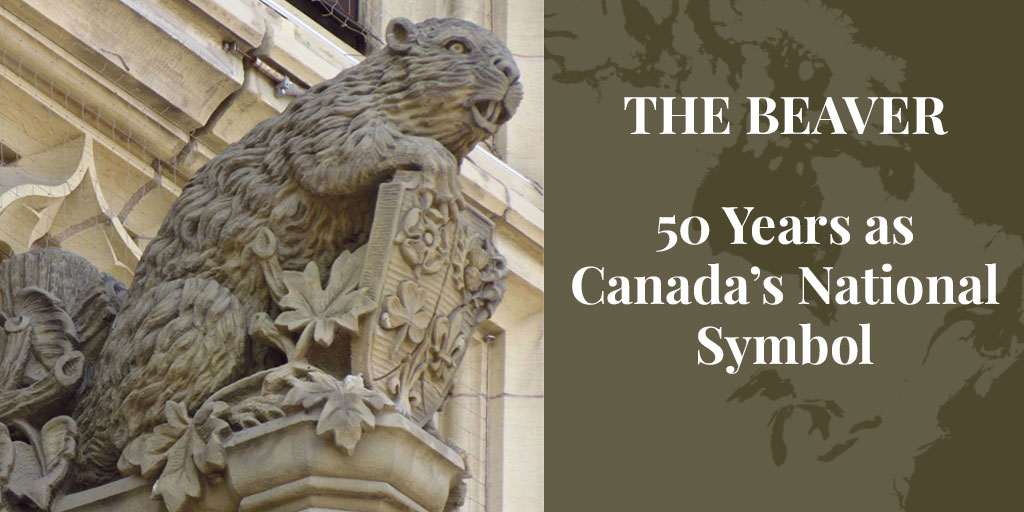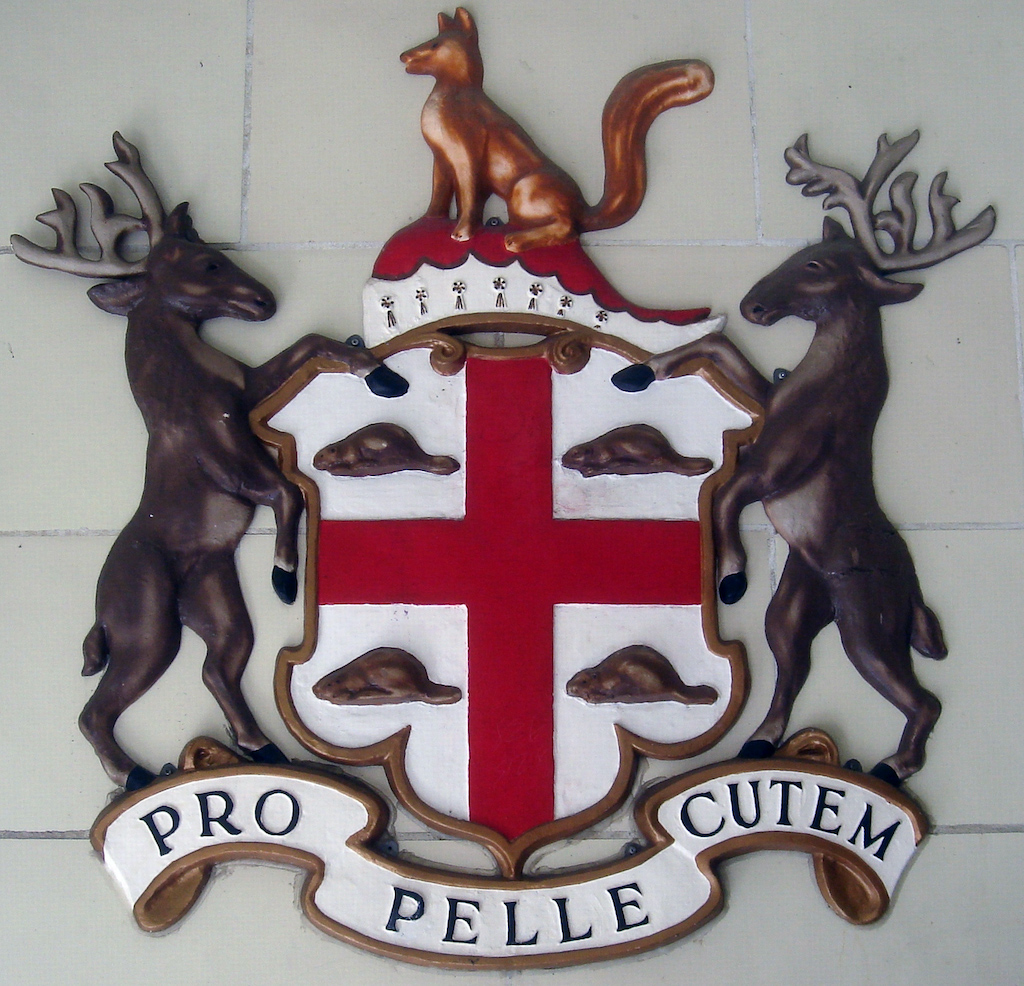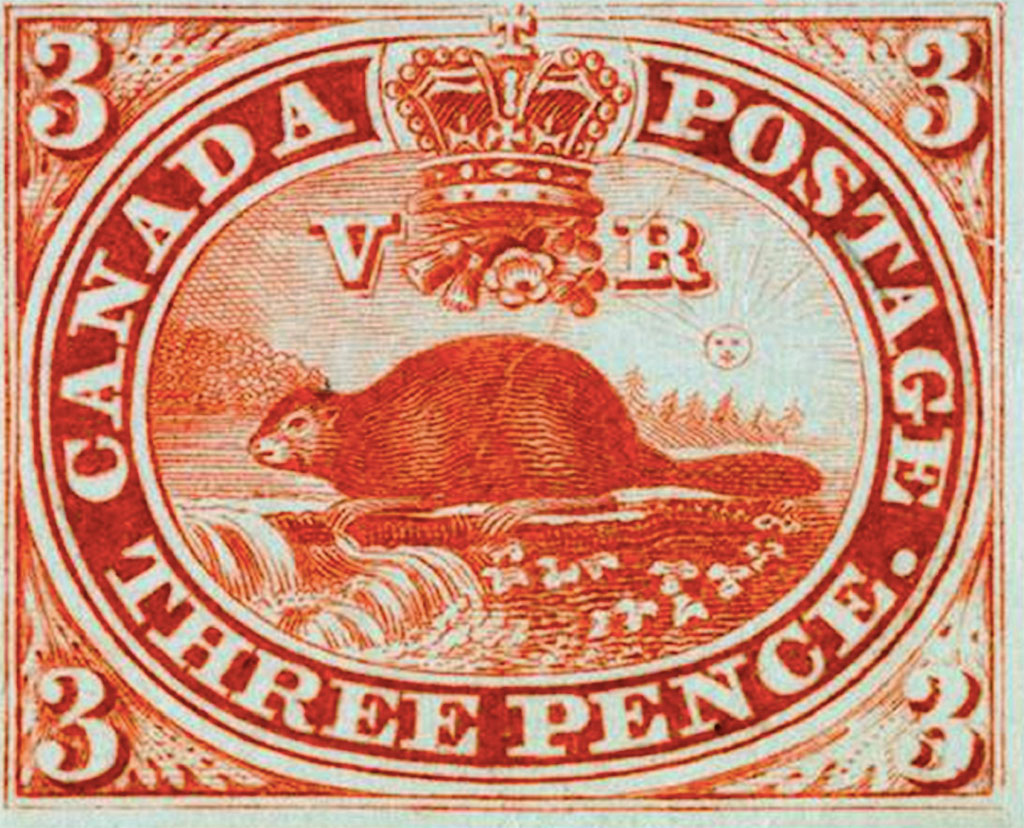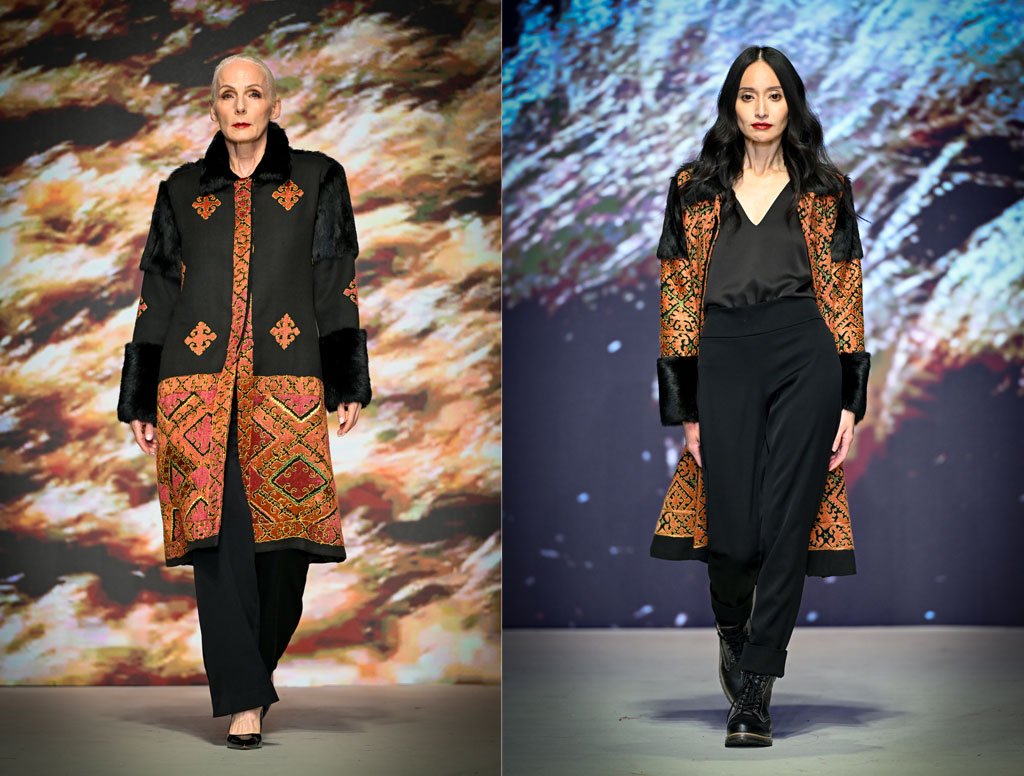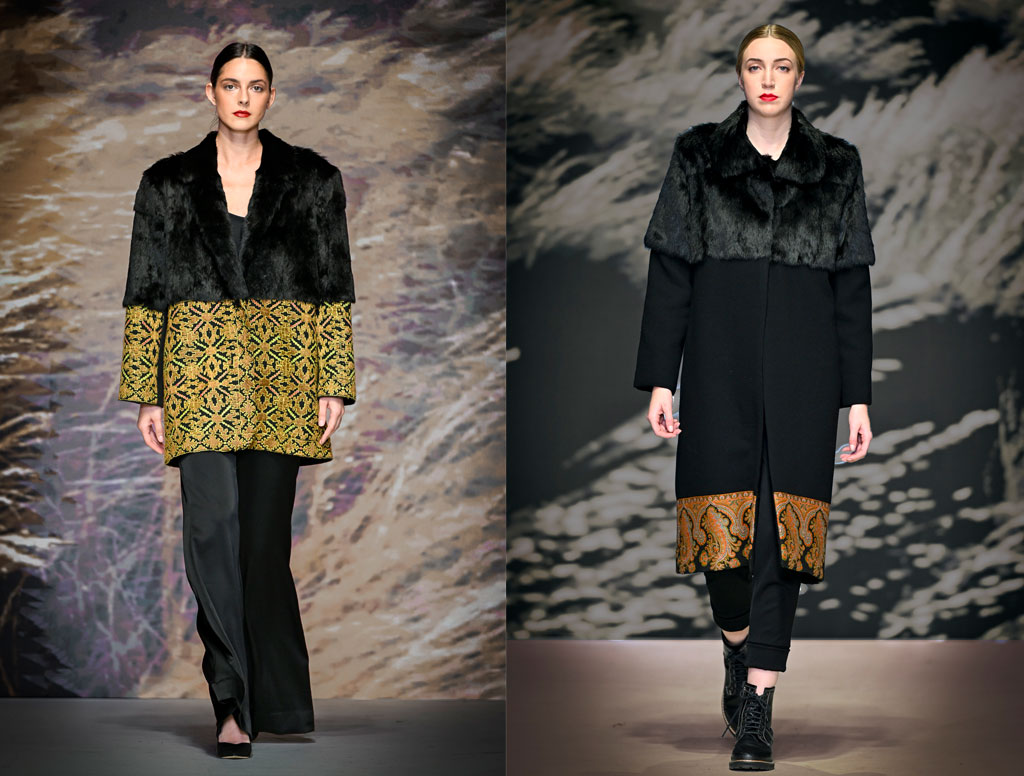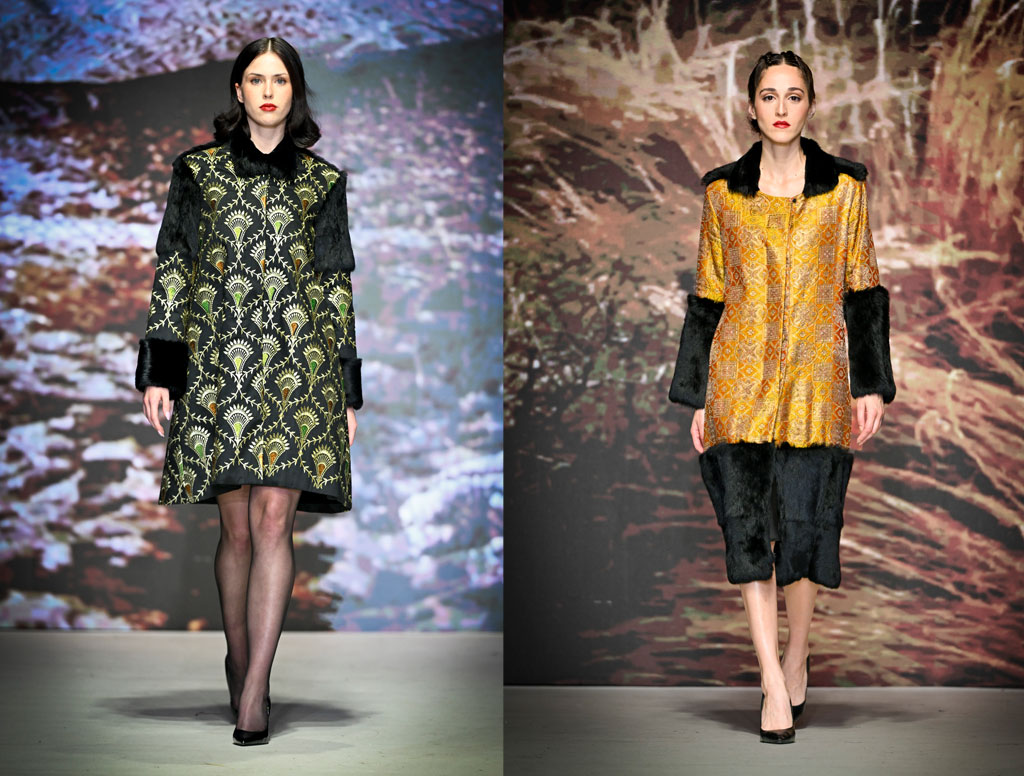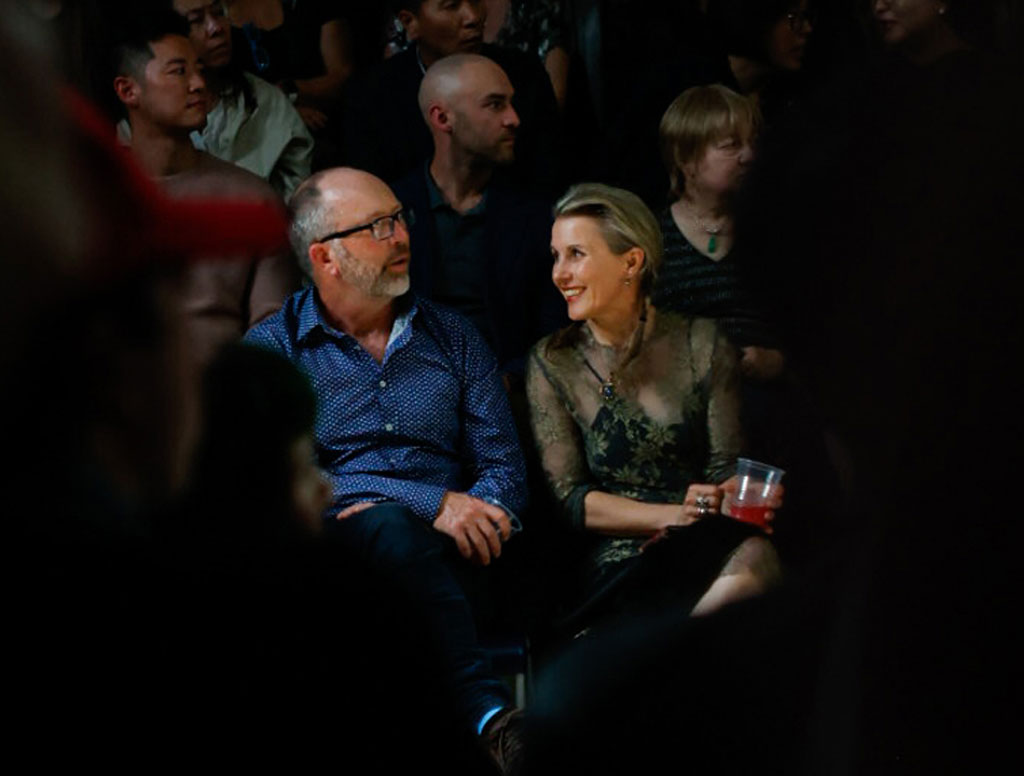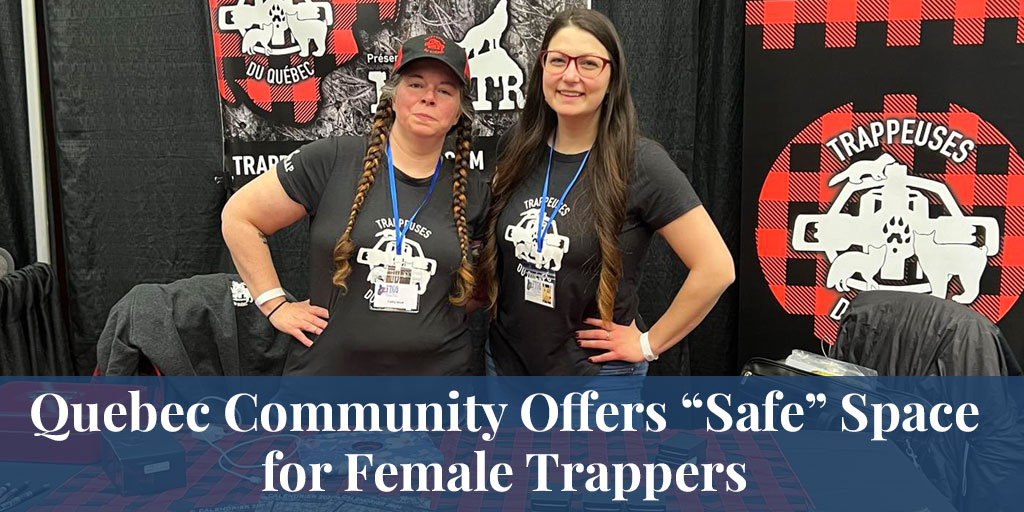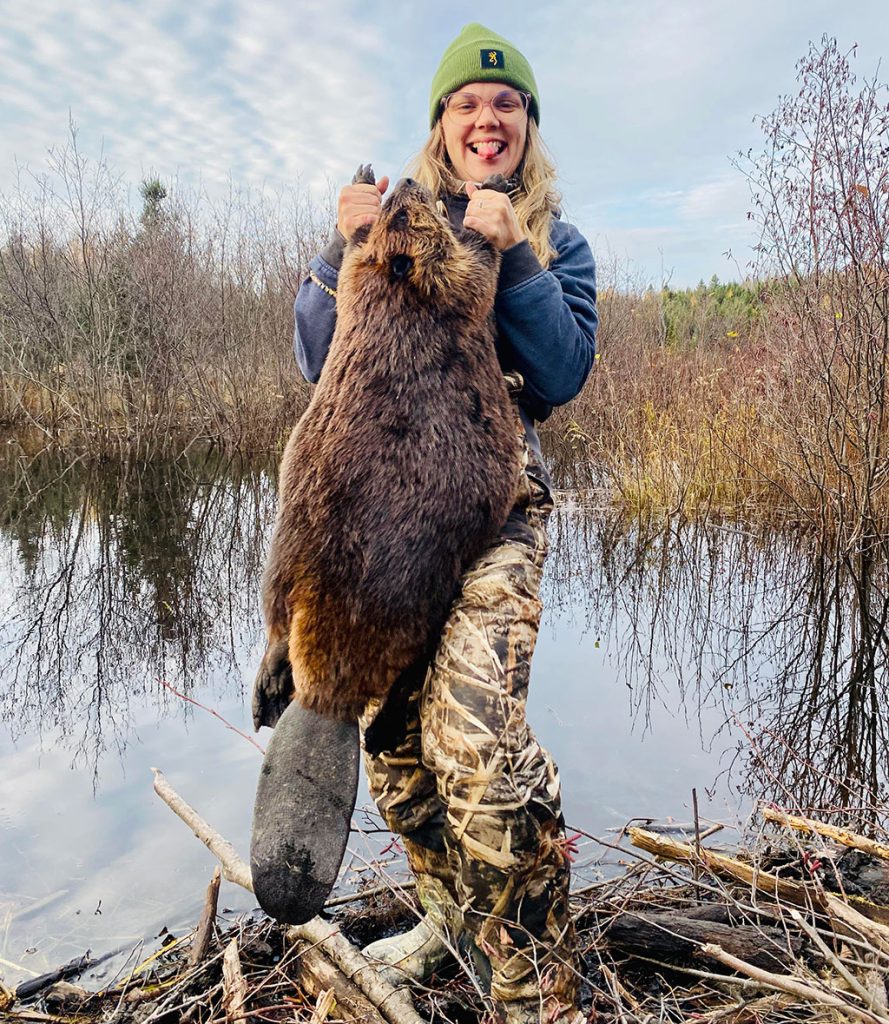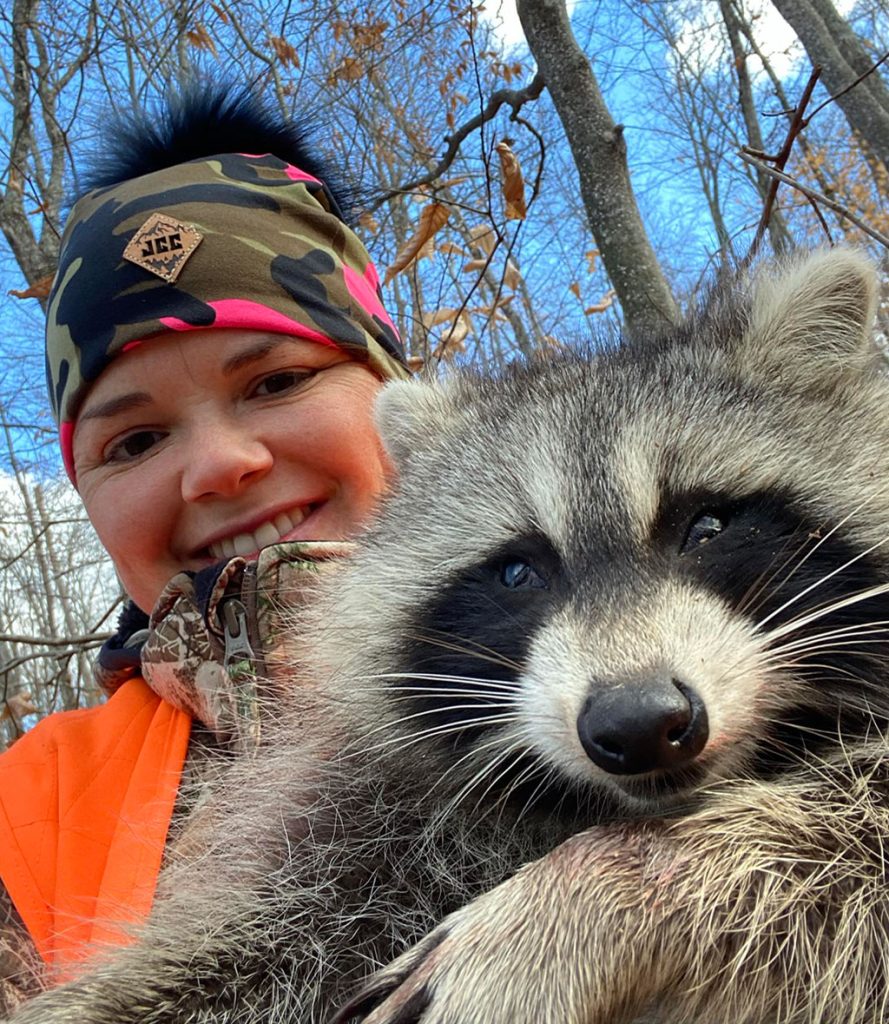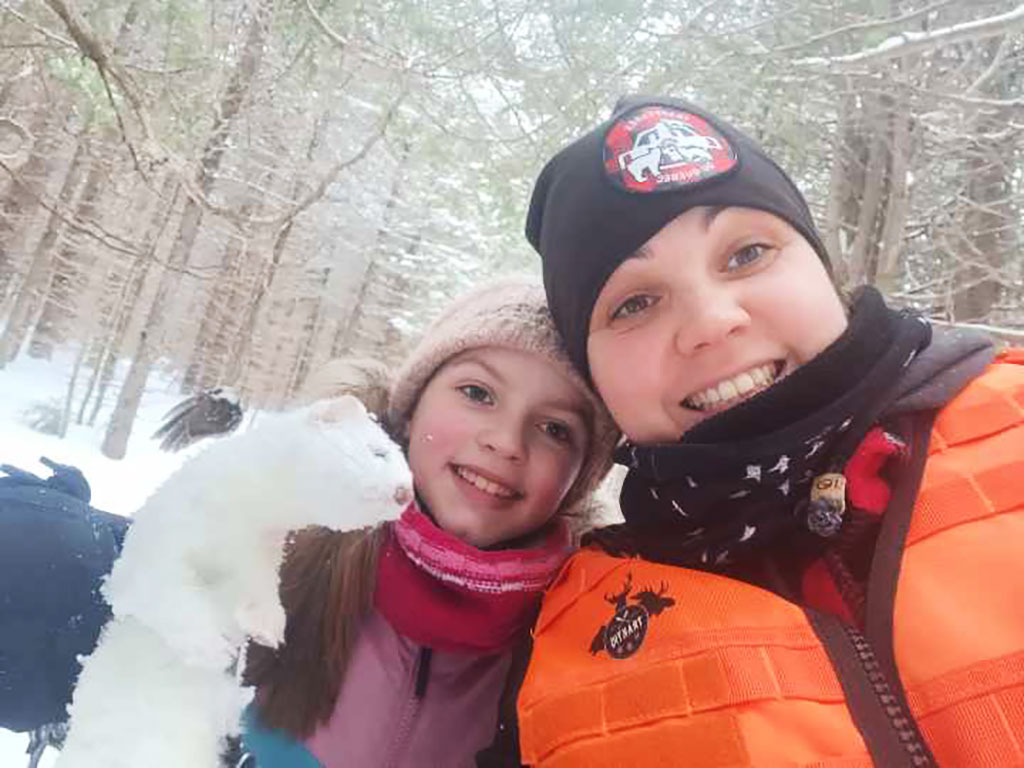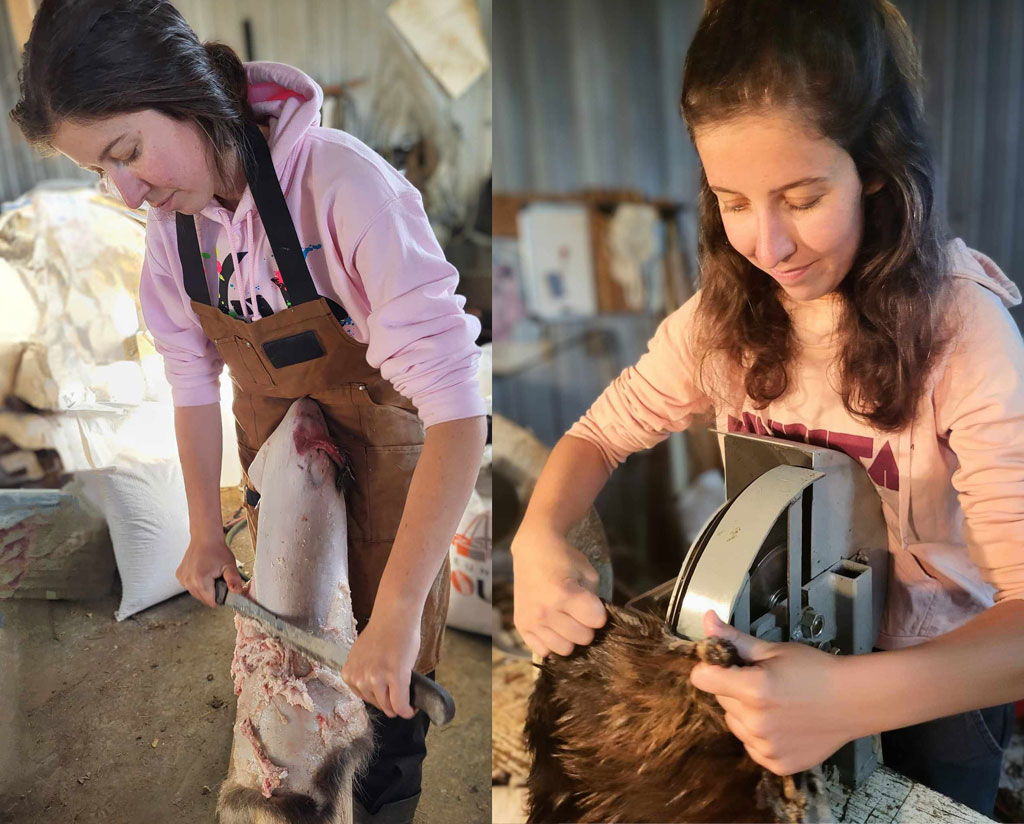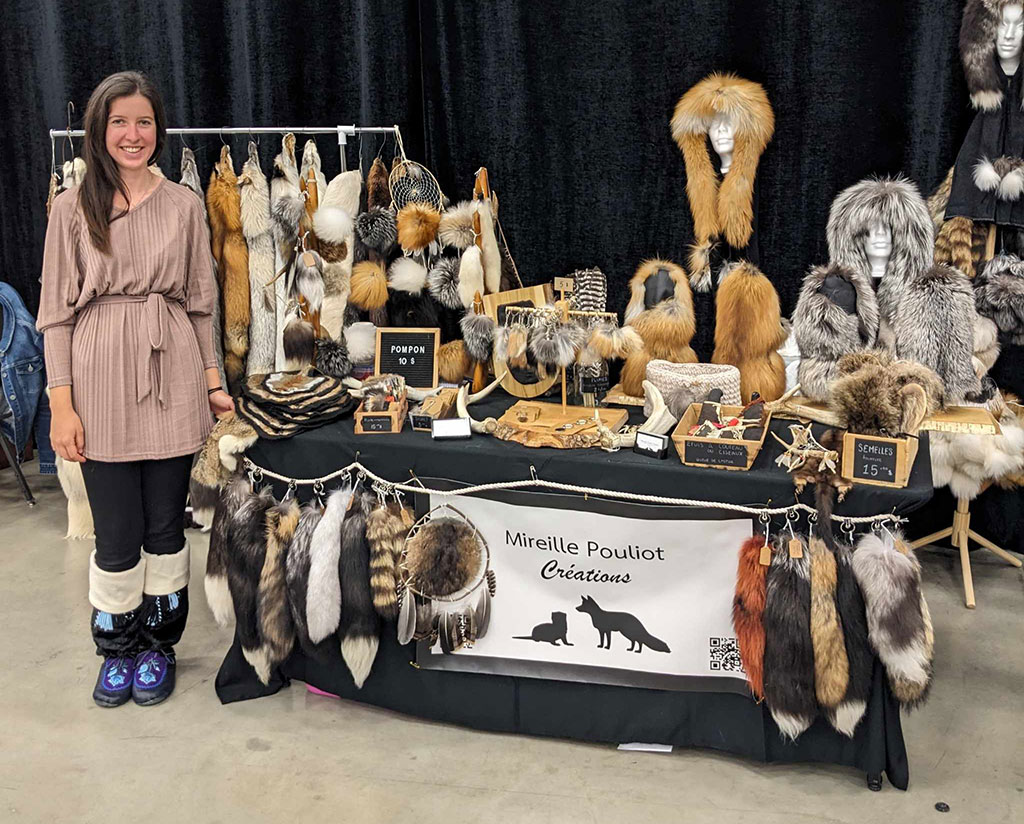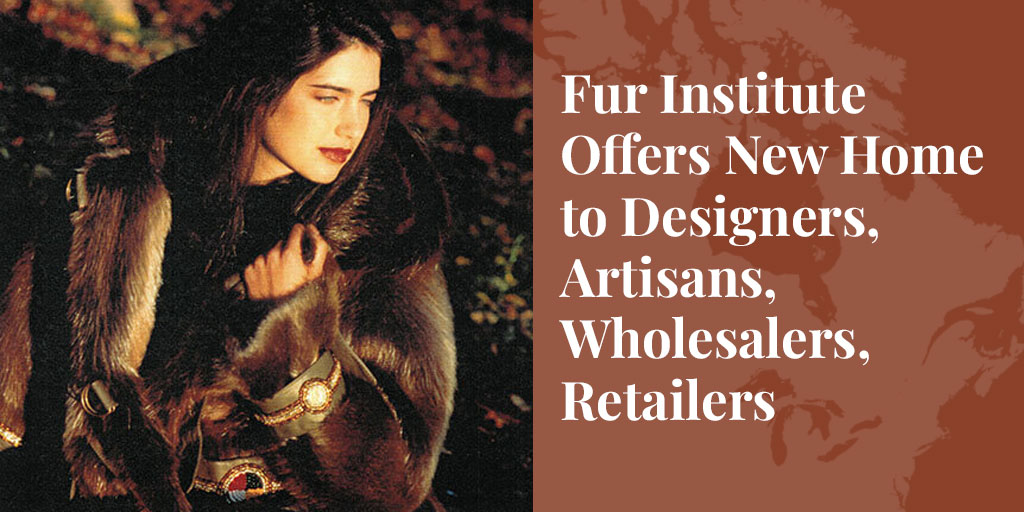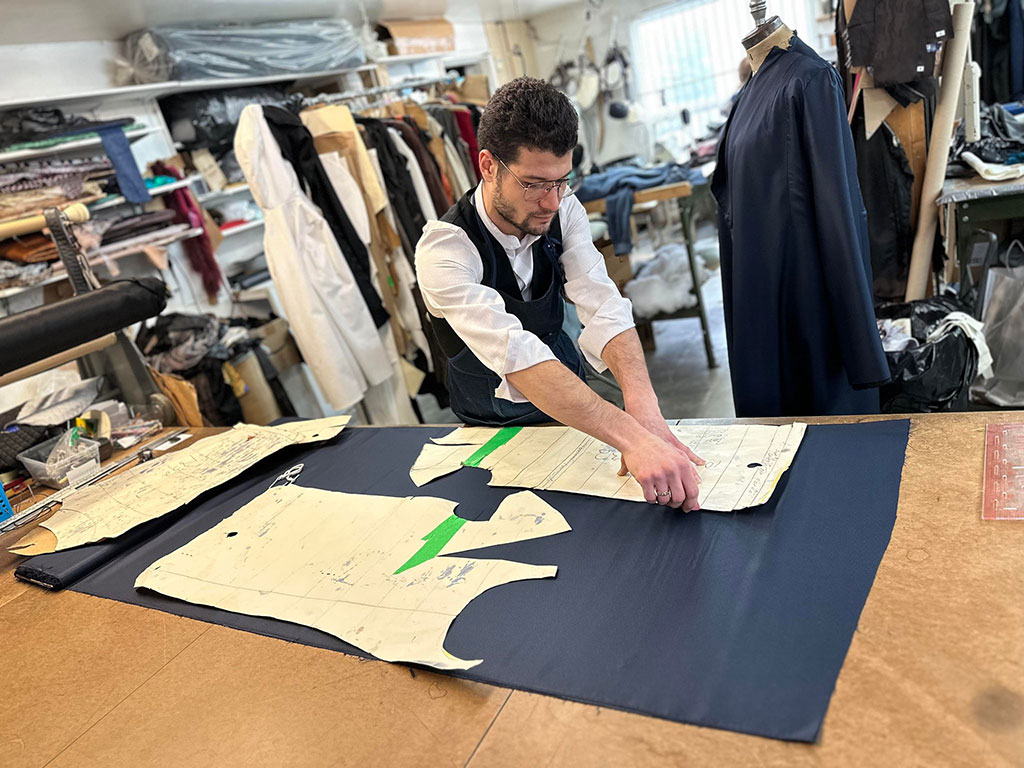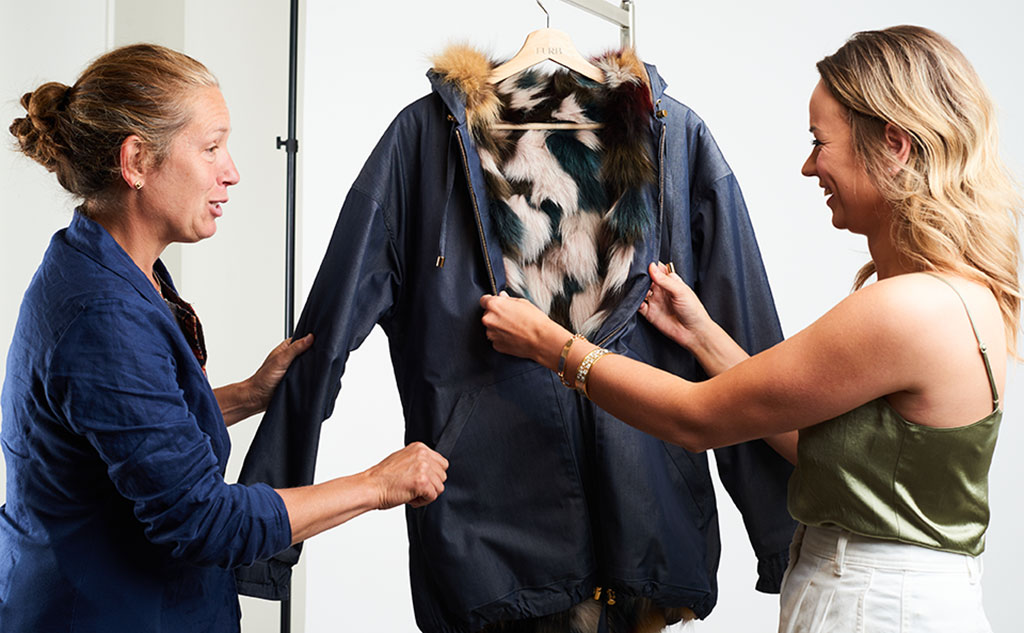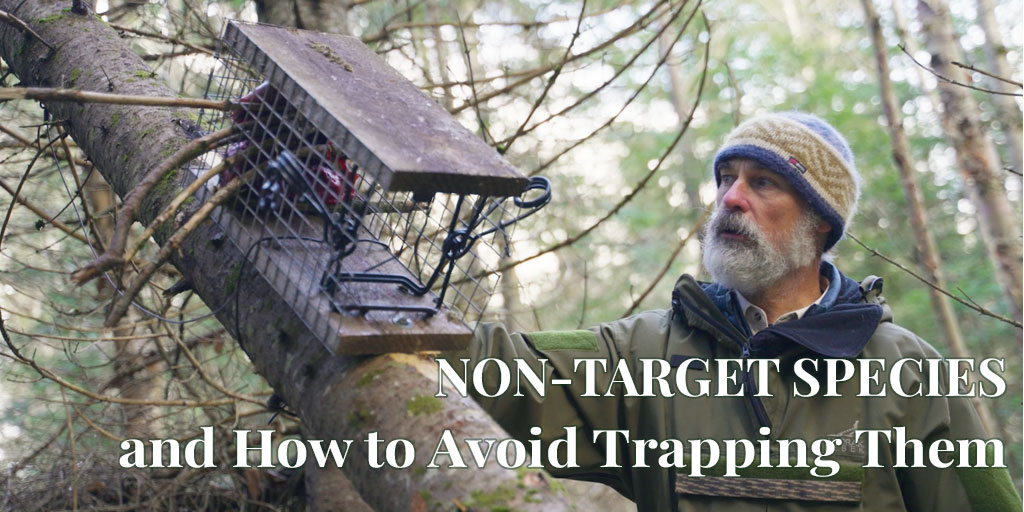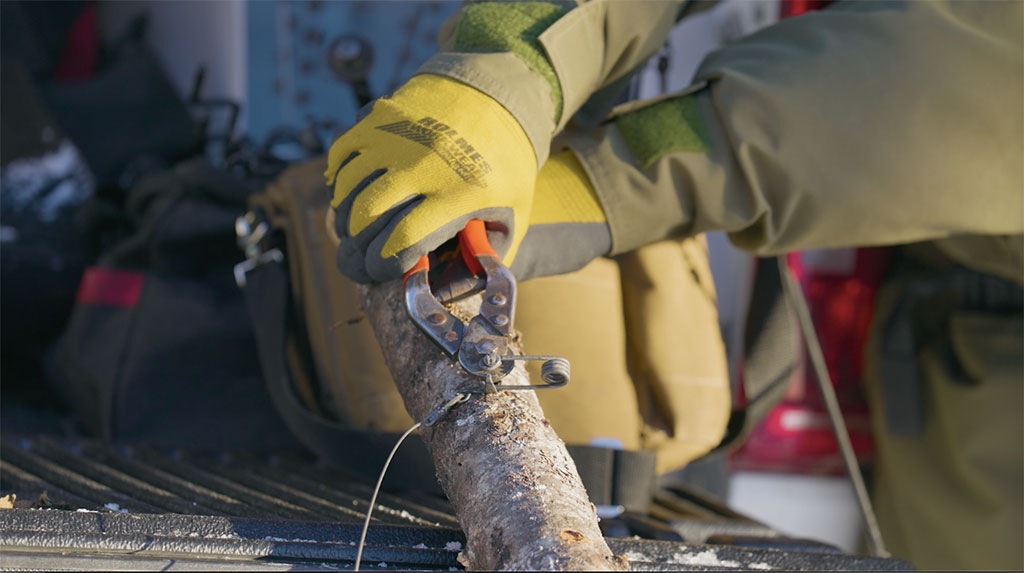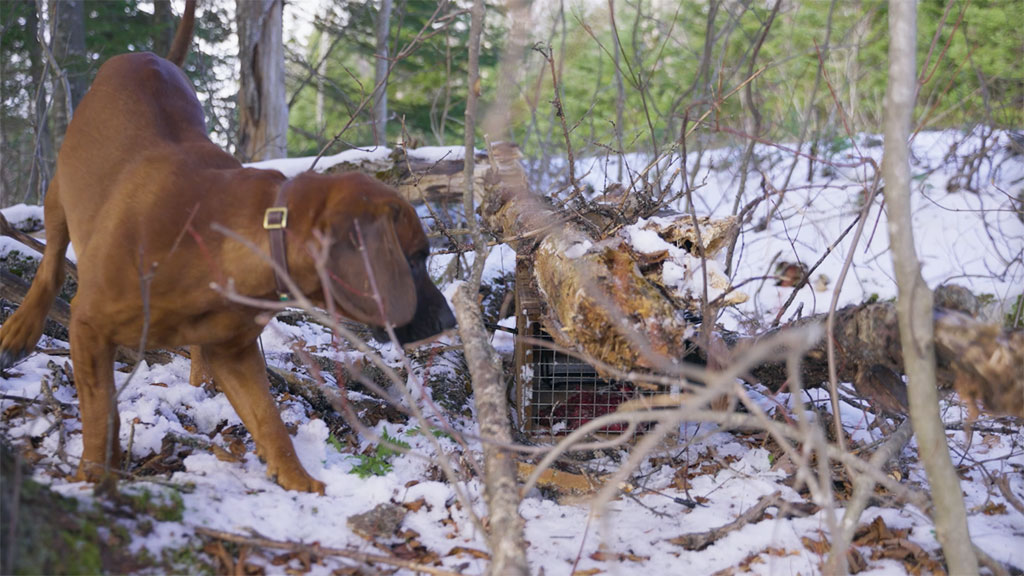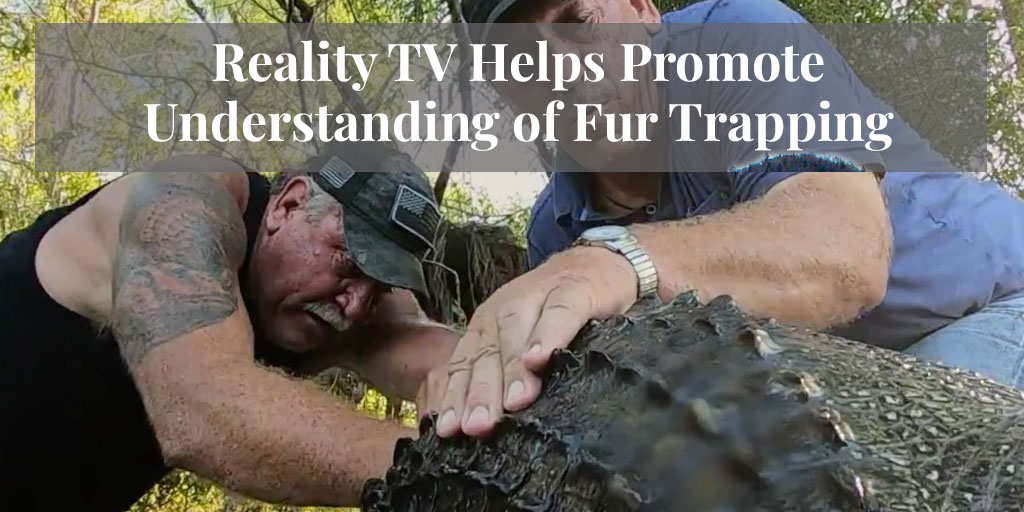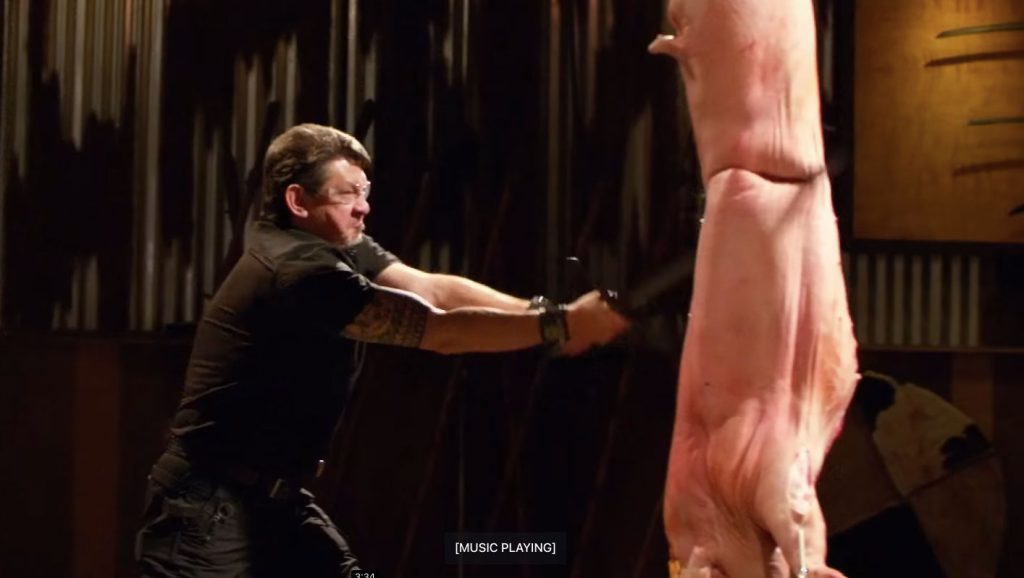Podcast Delivers Latest News on Canada’s Fur Trade
by Simon Ward, editor, Truth About FurIf you want a new way to stay updated on the latest developments in Canada’s fur trade, look no further…
Read More
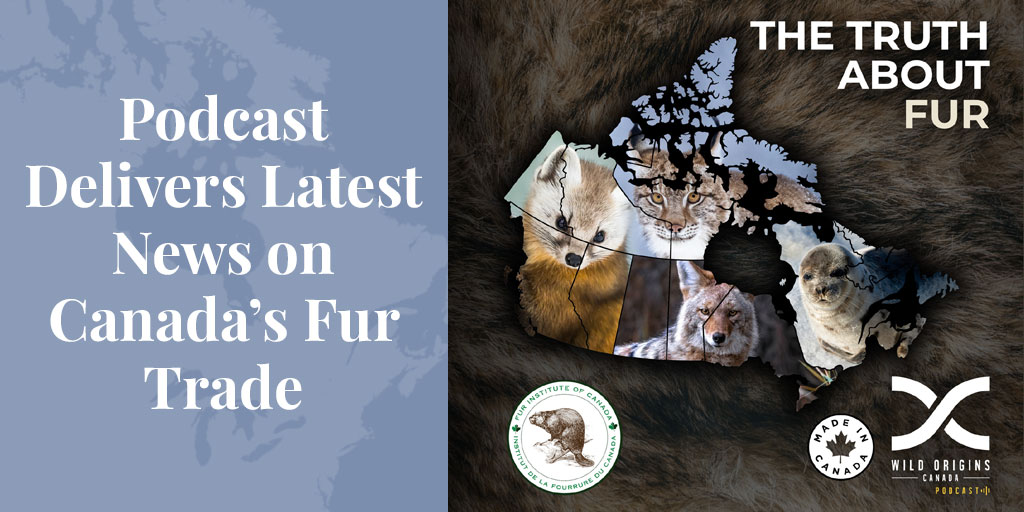
If you want a new way to stay updated on the latest developments in Canada's fur trade, look no further than a podcast now being brought to you by the Fur Institute of Canada (FIC) in cooperation with a strong advocate of the sustainable use of wildlife. There's no reading involved, and no swiping through social media on a tiny smartphone screen. Just click "play" and listen to a full hour of information courtesy of The Truth About Fur.
Launched in May 2024 and airing new episodes more or less monthly, The Truth About Fur podcast is a joint effort of the FIC and the Wild Origins Canada Foundation. The Foundation launched its first podcast, the award-winning Hunter Conservationist, seven years ago, since when this podcast has become more of a "channel" for a family of podcasts each looking at different angles of sustainable use as a wildlife conservation tool.
Hosting duties for The Truth About Fur are shared by two men from opposite coasts. Mark Hall, from British Columbia, is a third-generation trapper and Executive Director of Wild Origins Canada. Joining him very remotely is the FIC's Executive Director Doug Chiasson, from Nova Scotia. You can tune in to Mark and Doug on Apple Podcasts or Spotify, or watch them on YouTube. All past episodes are archived in the Members section of the FIC website.
Funding Sources
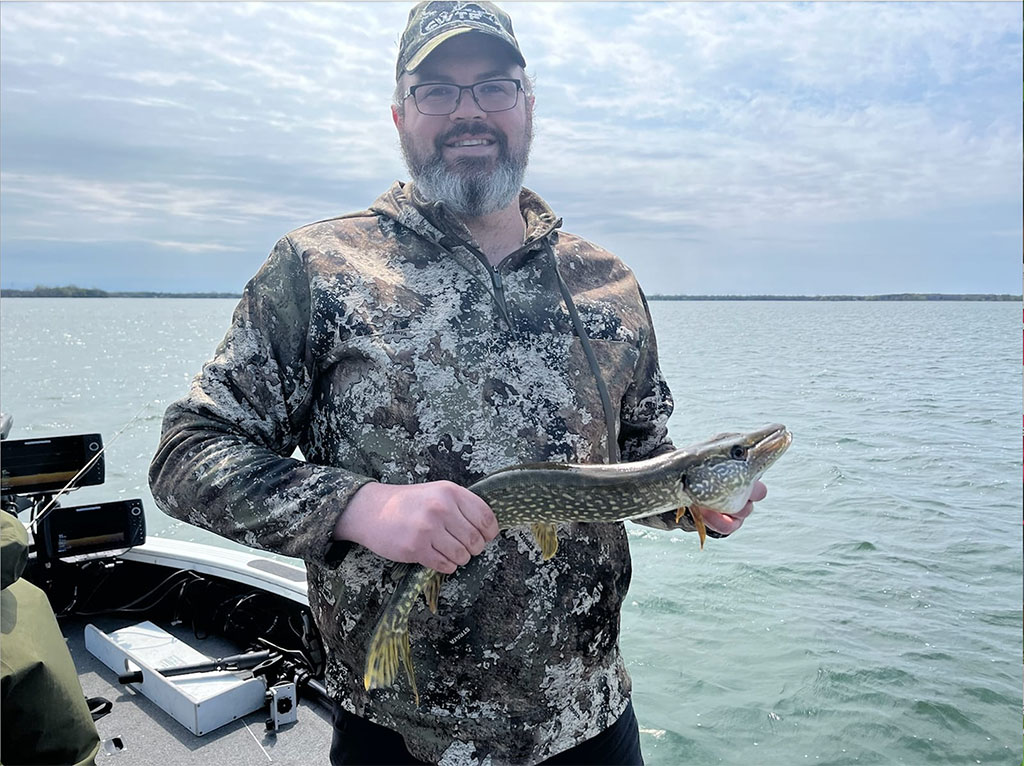
Truth About Fur: Podcasts on the Hunter Conservationist channel are free to stream or download, including The Truth About Fur, but producing all this content surely costs money. How is it funded?
Mark Hall: Wild Origins Canada is a federally registered nonprofit corporation, so we rely on sponsors and donors to keep the lights on! This means hunters, trappers, anglers – anyone who agrees that sustainable use is an important tool in conserving wildlife.
We also draw support from our umbrella organization, the Origins Foundation, started in South Africa but now global. The Origins Foundation divides partners into two "clubs", both of which provide financial support. The Conservation Club groups top-tier brands of manufacturers, outfitters and so on, while the Supporters Club consists of individuals who provide a few bucks a month.
Doug Chiasson: And in line with this business model, we are currently seeking sponsors for The Truth About Fur podcast. Please download our latest presentation deck here, and email me at [email protected] if you can help.
Target Audience
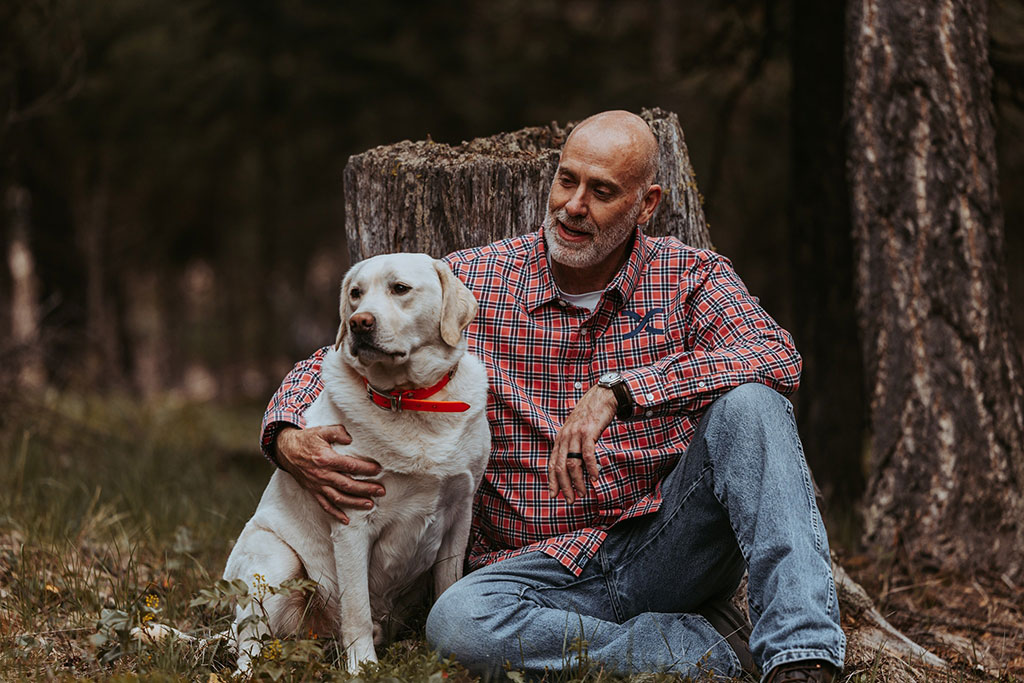
TAF: What is the target audience of The Truth About Fur podcast?
DC: Podcasts are not revolutionary. They're a new spin on a traditional medium, the radio, so our target audience is just people who like listening to the radio. If there's a difference between the two, it's that podcast users have more control over what they listen to than when they rely on a radio dial. But the audience was always there.
Podcasts are also a way of expanding our offerings. For the last two decades, organizations like the FIC relied on traditional websites as their main public relations tool, but netizens today want to access content in a variety of ways. So we've had to adjust by adding new digital platforms, like this blog, social media channels, and now a podcast.
As for who actually listens, we don't analyze our audience like some content creators do for social media. But it's safe to assume they have time to spare (since each episode lasts over an hour), and their eyes are busy elsewhere. So good candidates would be people who do a lot of driving, or spend hours in the workshop. Or maybe they just want background noise while they do other things.
For us, the main issue is filling a need for a steady supply of reliable, up-to-date news on Canada's fur trade that folks can listen to, wherever and whenever they choose. Hopefully, The Truth About Fur podcast meets that need.
Larger Picture
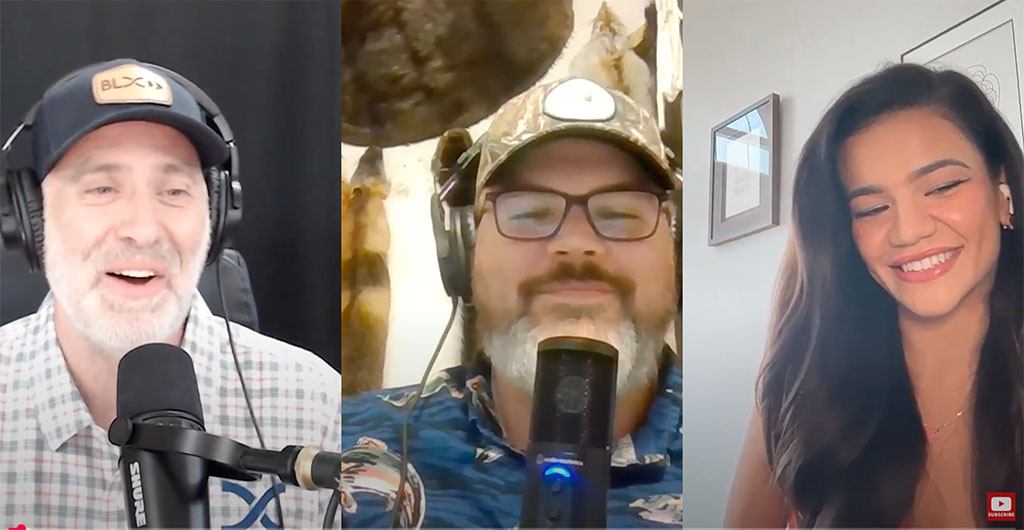
TAF: How does The Truth About Fur podcast fit into the larger picture of the Hunter Conservationist channel?
MH: The Hunter Conservationist believes in the sustainable use of wildlife, and supports the ways of life of people who share this belief. So we were already covering trapping issues, since furbearers are just wildlife like the game birds and animals that hunters pursue.
The science that's needed to understand furbearers, protect their habitat, and so on, all applies generally in the field of conservation. And from a human perspective too, trappers and hunters have much in common. An entire way of life revolves around the sustainable use of furbearers – a holistic knowledge that trappers share with one another. The same goes for sealers and the sealing industry, who the FIC also represents.
When we started the Hunter Conservationist, there was no national voice that explored the larger picture of conservation and the sustainable use of wildlife across Canada. Then we expanded to include a whole bunch of different podcasts, but all guided by the same principles. For example, there's Around Canada, which covers national news stories, and a new podcast we're doing with the Alberta Professional Outfitters Society.
I saw the same need for the trapping community. There was no national podcast that was standing up for trappers' way of life, and the deep knowledge they have of furbearer ecology that is fundamental to the conservation of species that belong to all Canadians. So The Truth About Fur is part of this family of podcasts dedicated to the people whose way of life revolves around the sustainable use of wildlife. It's a logical fit.
TAF: Given that you are very much the man behind Hunter Conservationist, where do you stand personally?
MH: Both my grandfather and father were trappers, and I share their passion, so I understand this way of life. I also want to fight against the bad things that are said about trappers.
So my personal motivation is really strong. I dislike seeing lies in the mainstream media about trapping, and correcting them is a hill I'm willing to die on. I will stand up for every trapper and every hunter across this country who is deeply connected to the sustainable use of wildlife. I'll always be there, on all of our various platforms, standing up for great Canadians who love this way of life.
